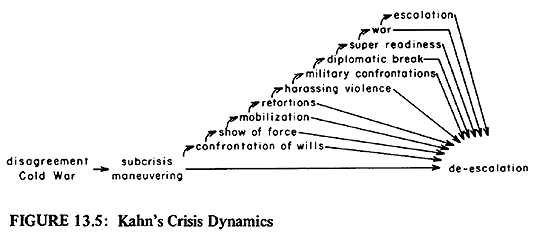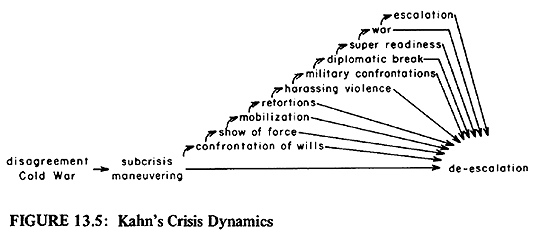Late yesterday, the US announced that specific tariffs and goods that would be targeted for intellectual property violations. China had warned of a commensurate response and earlier today made its announcement. This sent reverberations through the capital markets, driving down equities, corn and soybean prices (subject to Chinese tariffs). The US dollar was sold, especially against the yen, euro, and sterling. The dollar-bloc currencies lagged.

There has been a low level but persistent US-China trade tensions for years, though we would quickly add that the same can be said about Canada. One of the most consistent themes of the Trump Administration has been reducing the US trade imbalance. Another consistent theme is doubts about the salience of “international community,” and the need for the US to defend its national interests. From these two themes arises the unilateral trade actions.
In recent discussions in China, we were struck by how many people cited what was happening in the US as reason why it is understandable that the PRC lifted the term limits for the head of state. To be sure, the Chinese president is also head of the military and head of the Party and both those positions are without term limits. By carrot and stick, the US cajoled the formation of a multilateral trade mechanism and the rule-of-law.
It may not have been ideal, and it was a work in progress. The ease at which a new administration could reverse course throws many off balance. China is taking many long-term strategic initiatives, of which the One Belt One Road and Made in China 2025 are but the highest profile examples. It cannot, many people suggest, take the chance and see the strategy upended because of some arbitrary time.
The focus shifts back to the US. The billion-dollar question is whether the US initiates counter-retaliatory measures. If the US does, it would seem to be a clear escalation. Currently, the US provocations escalated the chronic low-level tension. China took small steps on washing machines, solar panels, steel, and aluminum. Now, in response to the tariffs for intellectual property violations, it has ratcheted up its response.














Leave A Comment